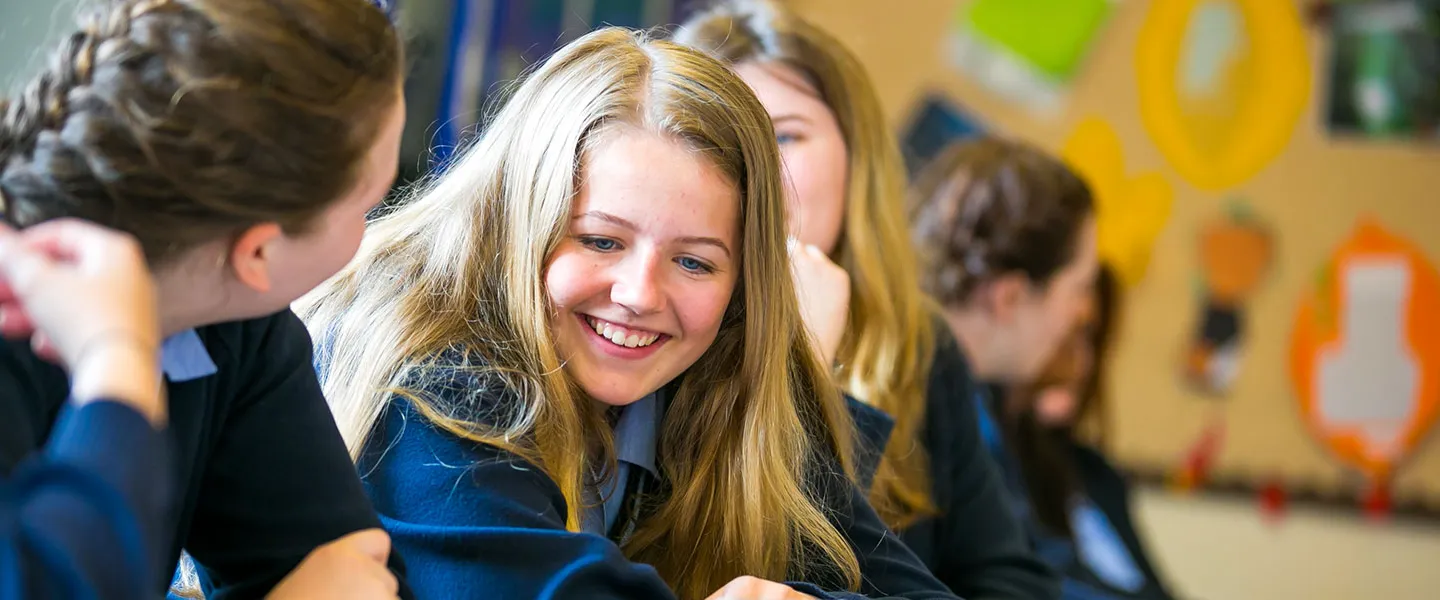The damage caused by the improper use of mobile phones has been widely acknowledged for some time and with this the duty of care that we – as teachers and parents - have to break the unhealthy habits in the children for whom we care.
Saturday’s news headlines, which referred to government education advisor Ian Bauckham’s advice to ‘leave our phones on the kitchen table at night’, highlighted to me the vital role that adults have in helping children to form healthy habits in their use of phones.
Educators, government advisors and research scientists are agreed that young people must grow up embracing the technological advances and capabilities of the once humble, mobile phone. But they must do so safely. It is therefore comforting, to a degree, that by September 2020 it will be a compulsory part of the curriculum to include teaching children as young as four how to avoid the perils of social media and how to stay safe online.
I have never been a smoker and I am convinced that this has been, at least in part, because my parents did not smoke. Whether our children choose to admit it or not, habits and traditions are invariably formed at home, from the date we might choose to decorate the Christmas tree to never crossing the road when the “red man” is lit up. Children are heavily influenced by the adults they watch and it is refreshing to see that messages on the use of phones at home are beginning to gain greater traction.
This weekend’s article emphasised the importance of parents modelling good behaviour but it could equally apply to teachers and I am happy to say that we now have a no phone on show policy at Queen’s for all adults.
I am also pleased to see that the response to our new no phone policy for pupils in Years 7-9 has been overwhelmingly positive and it is encouraging to know that our parents and teachers are aligned in ensuring healthy habits are formed.
This is not a neo-luddite approach; girls use their iPads in lessons and for homework and plans are afoot to use social media and online partnerships and forums to broaden both their educational experience and networking opportunities.
However, last year, research carried out in Texas on the impact of the presence of a mobile phone, found that an individual’s ability to concentrate was reduced even when their phone was switched off. Other studies have suggested that we are 20% less effective when working on a task if we hear a notification come through on our phones as we are unable to ignore the nagging question in the back of our mind “I wonder who that message is from?” Research published in August this year by the PEW Research Centre in America determined that over 50% of US teenagers feel they spend too much time on their own phones and, perhaps more significantly, over 50% say they have experienced the frustration of feeling that their own parents are distracted by a phone when they are trying to have a conversation with them.
It is a challenge for us all, but a balance must be struck. Perhaps we can work on charging our phones somewhere other than the bedroom at night - as suggested by Mr Bauckham - and see whether it has a positive impact on our own sleep patterns and wellbeing over the next few months?
